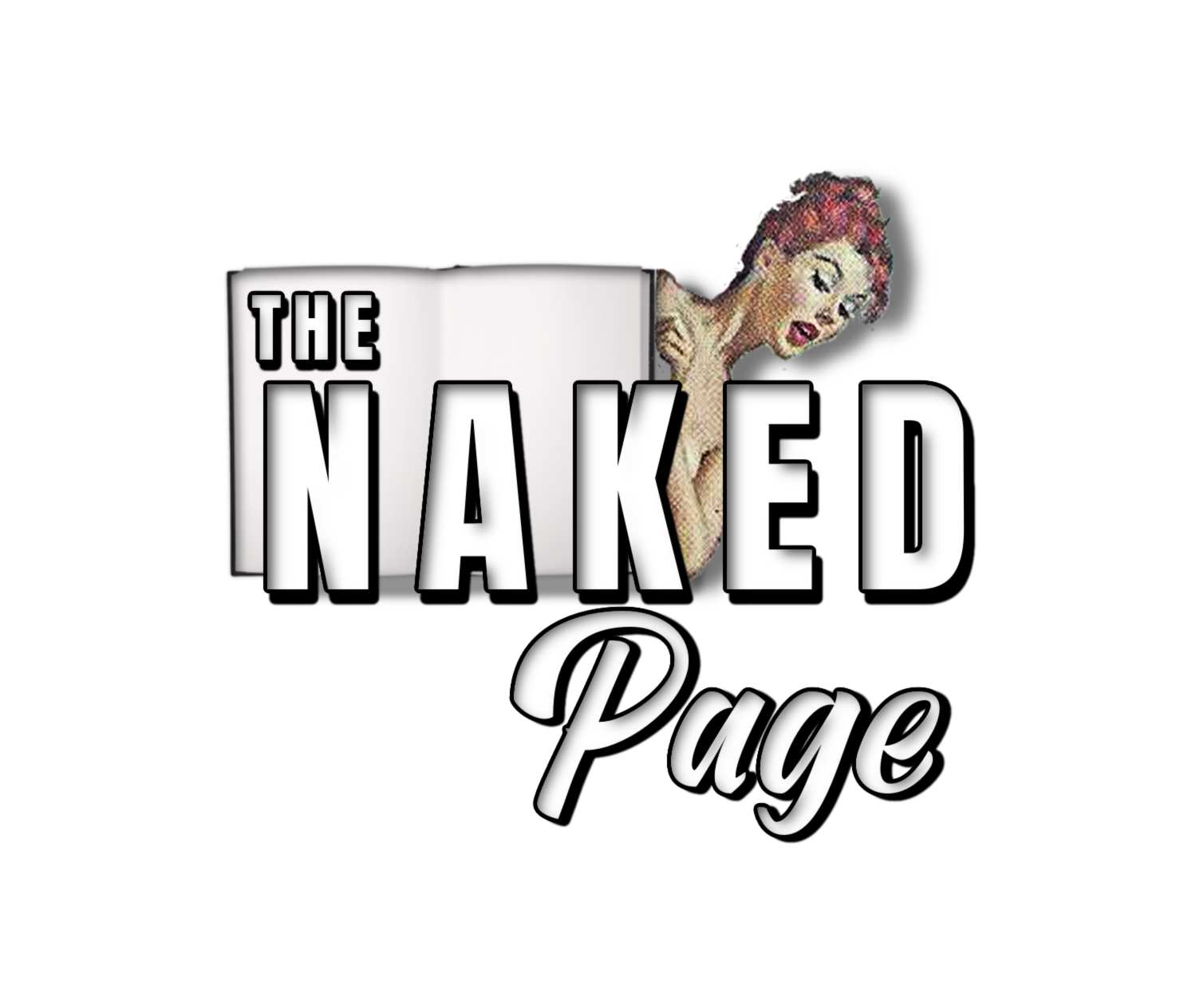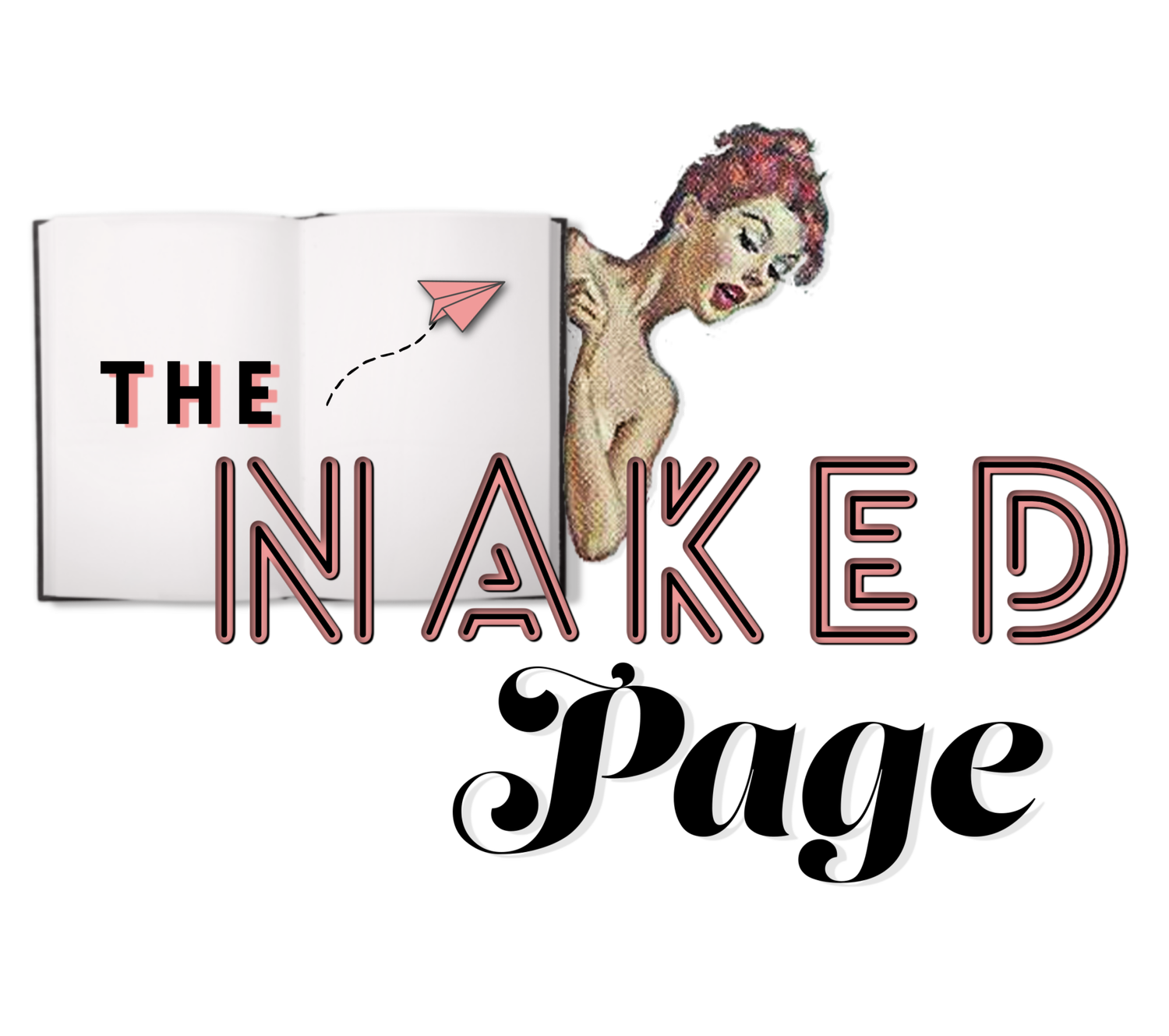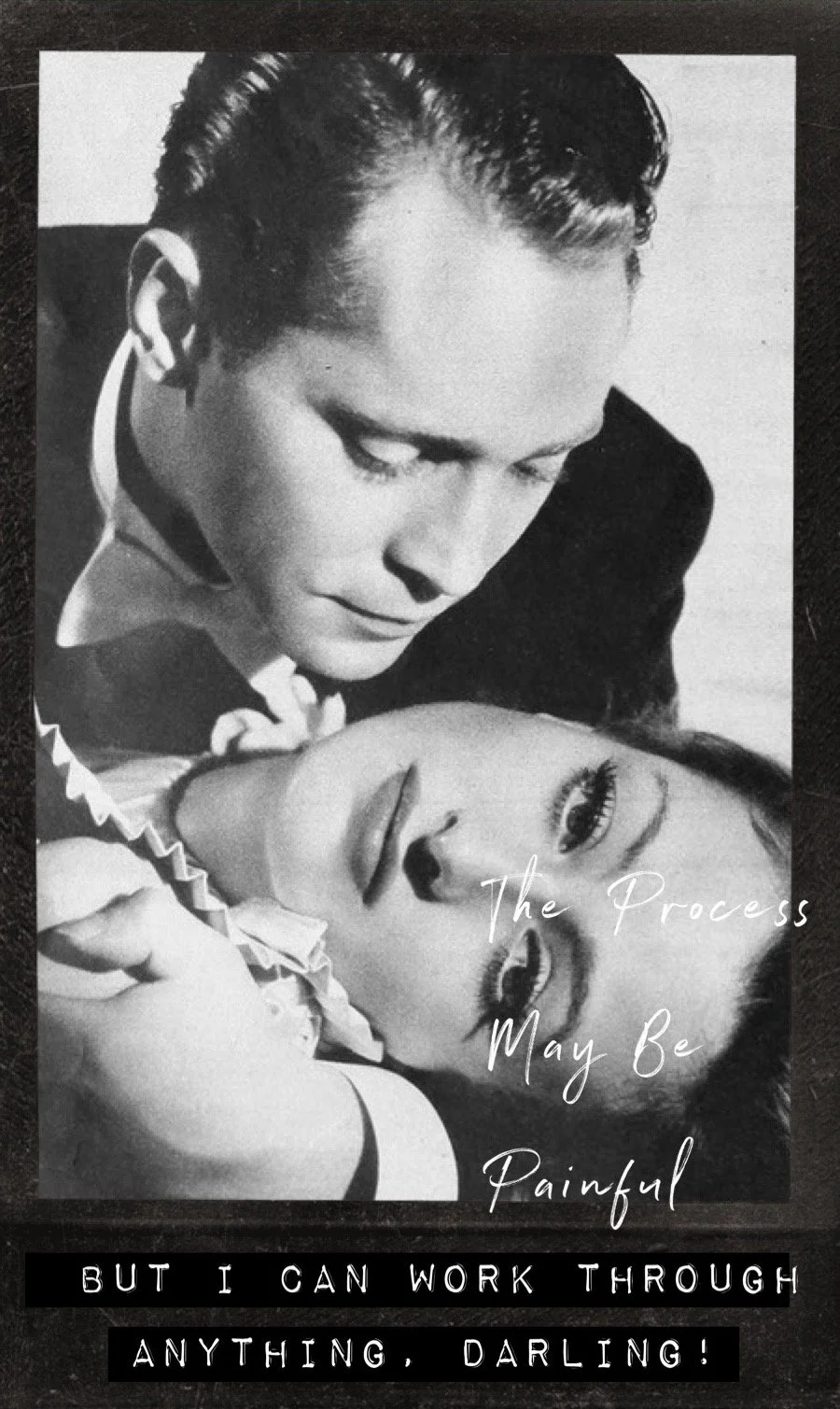Healing vs. Processing: How to Use Your Trauma for Big Transformations
I’m not a doctor. I don’t even play one on TV.
I’m also not a licensed therapist, so none of this should be taken as medical advice. (If you fear that writing about a traumatic event may re-traumatize you, please contact a therapist that can safely guide you through the process.) What I am is a writer—one who has firsthand experience on how the writing process has the power to transform grief and trauma.
For me, this experience comes with the territory of being an author. If I don’t lay bare my most honest experiences, I’ll lose my audience. I’ve even thought, while in the middle of some major ordeal, “oh my god, this is a horrible situation, but at least I can write about it.”
I sort out my feelings on paper.
I did it when I faced medical malpractice and with both my miscarriage and my traumatic birth.
My therapist once told me, “events that happen to us in life are neutral. We infuse them with positive or negative connotations.”
“Meaning comes from within, not from some external force.”
Maybe you’d debate the truth in that statement. I know it sounds like a hard pill to swallow.
But consider this idea: Even if we interpret an experience as terrible, that interpretation is primarily based on our own bias and judgments. The meaning comes from within, not from some external force.
Sure, there are things so terrible in the world that it’s hard to see any good in them at all. And I’m not one to jump on the positivity train at the expense of truth. But as a writer, I use my unique voice as a way to make my own meaning.
“Writers have a remarkable gift: the power to create our own meaning through storytelling.”
And that’s an important tool.
My miscarriage, for example, was devastating.
No surprise there, right?
But with some research, you’ll discover that miscarriages are not uncommon. Having even three or four miscarriages isn’t usually cause for concern by most doctors, they happen with such regularity.
Considering what the medical community knows, could I switch my perspective? What if I was a woman who didn’t feel maternal and lived with an abusive partner when I found out I was pregnant? Might a miscarriage in that circumstance come as some relief?
Perhaps.
In life, we string events together and inject them with meaning. We assume that what we feel in a given situation is what all people would feel in that same moment, but we all interpret experiences differently.
Still, by holding a unique perspective writers have a remarkable gift: the power to create our own meaning through storytelling.
Many people stew in their personal difficulties without sharing. However, if we choose to address the monsters under our beds, we take control of them. My husband describes his experiences of entering Alcoholics Anonymous as challenging, mainly because he had to learn to open up to other people. But this sharing in sobriety can be lifesaving. Not unlike the life-changing power of writing painful stories.
Here are four benefits of choosing to write about your trauma:
You get the bad shit out of you
Have you ever held onto a good secret until you nearly burst? You know the feeling. Once you were able to tell others, you were excited and relieved.
Now imagine you are holding onto a tragic secret. You might still want to burst, but not from excitement. That’s not good for your health. We’ve all known someone who was so tightlipped about a traumatic event, we feared their pain could overwhelm them from the inside out.
Even science has proven that keeping trauma and grief locked inside you can lead to mental harm and physical health problems. Some scientists agree unresolved trauma might even be passed down to the next generation.
When you write, you put distance between yourself and the event. It is no longer festering inside of you. Creating a story means you have something tangible outside of yourself. It’s a separate entity from you.
You may still have trauma, but you aren’t the trauma. And that’s an important distinction.
You get to focus on the experience from your perspective
Another benefit of choosing to write about a traumatic experience is that you pick what details to share and what details to leave out.
This isn’t to say you lie about any part of your story. Quite the opposite.
You’ll never be able to include all the specifics of a scene. Nobody’s interested in reading a scientific log; an audience wants the meat of a story. So you’ll have to make choices about what to include. Lucky you, this act of choosing what to emphasize gives you a sense of control over the event.
Most people feel powerless while enduring something negative. That powerlessness can be the story that keeps happening to us in our heads. And we relinquish our power to whomever or whatever hurt us as we relive the pain.
But the moment you decide to write that experience into your story, you take control.
You’re in the driver’s seat.
When you choose to relay events from your memory, you will begin the process of choosing the most compelling details from your perspective. Not the perspective of your ex-boyfriend, the terrible teacher, or the doctor who made the wrong call. You get to decide what’s important and what’s not.
Your story will revise you
I used to assist and attend Rosemary Daniel’s Zona Rosa, a women’s writing critique group that’s been meeting for the last 38 years in Savannah, GA. I was surprised to discover the kinds of tragedies the members had overcome. But attached to each tragedy was a resilient woman with a story. Whether it was enduring domestic abuse, murdered husbands, children with schizophrenia, or drug abuse, these women had lived to tell.
And it was the telling that was key.
Crafting stories seemed to give these women a new perspective, a way of seeing their tragedies in a different light.
A quote that was often spoken in the group was: “revision revises us.”
Getting a rough draft out is like laying down raw material that isn’t fully formed. Think of a lump of clay for a sculptor.
When you go back and start cutting and rearranging the specific details, you are in the process of revising not only the words on the page but your interpretation of that event. Again, this is not to imply that you are making misleading statements. Instead, you are trying to find your truth.
You are owning your story. And it has the power to reshape the way you see yourself.
You make meaning for your readers
Unlike the random events of our daily lives, there are no neutral parts of a play, memoir, or novel. Every single sentence must be carefully selected to culminate into a statement about your overall theme.
If you move from journaling into crafting a story, your writing should begin to adhere to a main idea, some universal theme that could appeal to a wider audience. Universal themes are a driving force for the human condition, so we naturally gravitate toward them.
If you do decide to share your story, this universal theme has the power to transform not only you but also your readers. How many people could empathize with the transformation of your pain? And how important is the power of your words to connect to others who need them?
A Note on the Word Healing
I never use the word healing in writing about pain or trauma. That word conjures up visions of traveling charlatans during the Dust Bowl who would smack sick and crippled folks on the forehead and cure them of their demon troubles.
My writing has never cured me of anything.
But my pain has fueled my talents and subsequently relieved me from getting stuck in my own grief.
I think of this kind of writing more as processing trauma than healing myself from it.
To process pain means that you’ve been through some kind of struggle that is so strong, so compelling that to keep it inside could destroy you. It’s only the processing of this pain that makes artists real visionaries. It gives them the power to take failure or tragedy and turn it into something that elevates life, making it better for others.
Does this alleviate the pain? Not completely.
But the pain no longer has the power to control you. It now has a function, a role that leads us to a higher calling.
“Just that process of getting it down led me to insights that helped get me out of it,” said actress/director Bryce Dallas Howard about her postpartum depression in an episode of MarieTV.
Her depression lasted for 18 months and she recovered with the help of therapists, but she acknowledges her writing process as the path that led her to where she is artistically today. “I don’t know if this is the right thing to say… I never fully healed from it,” Howard admits. Her writing wasn’t an attempt to remove the experience like someone erasing a bad memory or surgically cutting out a tumor. Instead, she got on top of her trauma and harnessed it for her own creative endeavors.
This is the difference between healing vs. processing.
Writing is a process. Artists move forward in that process because they’ve learned the secrets of harnessing their pain for something bigger than themselves.
If you need to heal something, see a doctor.
But if you believe your wounds have shaped you, consider writing about them. You never know how the process of storytelling will transform you or how sharing your stories can provide meaning for others.
What story are you struggling to tell? That’s usually where you should start writing. Can you name it? If you had to write something, what would you say in your first sentence?


